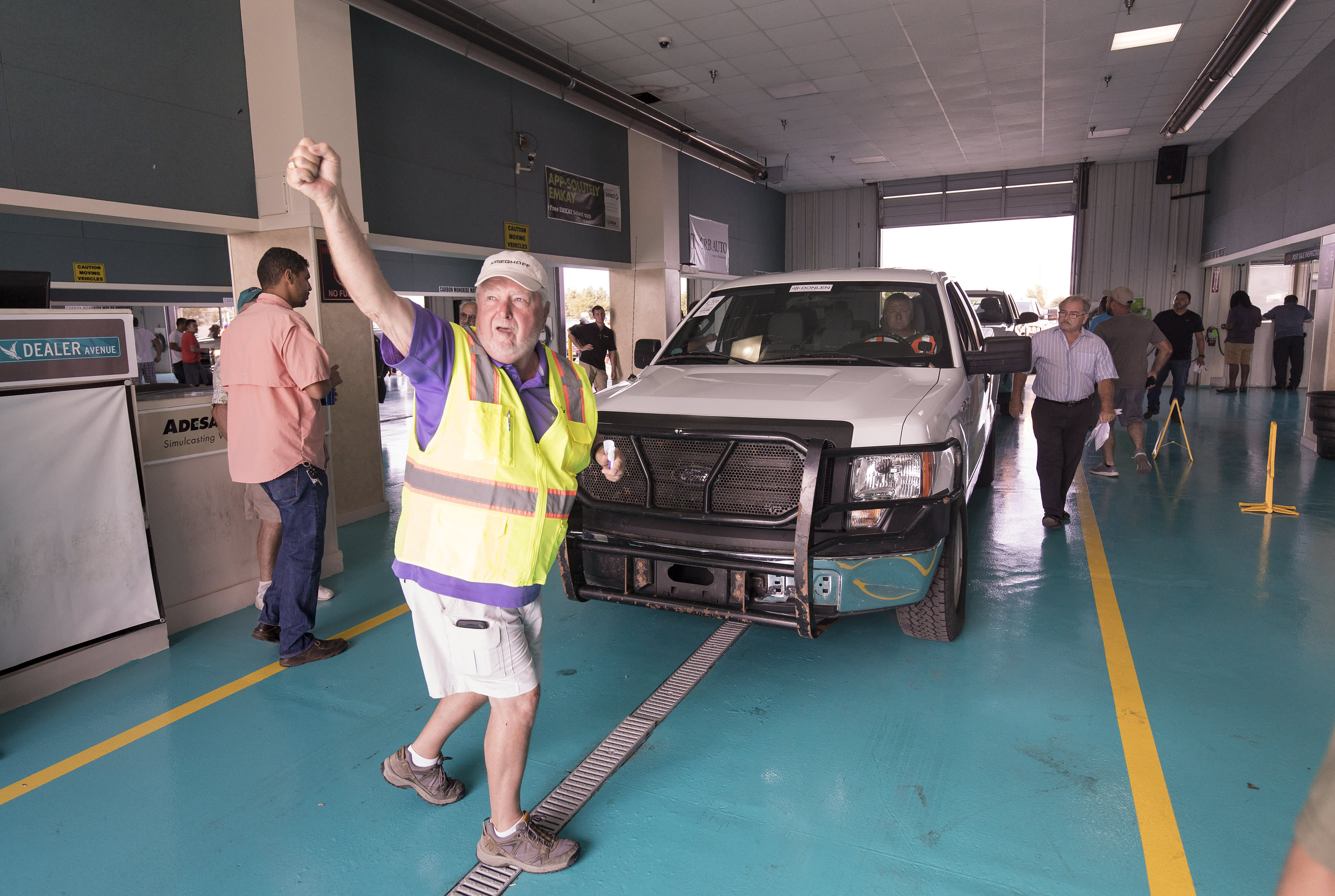Car auction company KAR goes 100% digital years ahead of schedule amid pandemic

An Indiana-based auction house is emerging amid the coronavirus pandemic as a technology company, and the disruption caused by the global health crisis has turned a three-year process into what could be considered an overnight success.
KAR Auction Services, based near Indianapolis, made a name for itself in the business of used car auctions.
As last year’s pandemic lockdown turned more companies on to remote work and homebound citizens to online shopping, in April the company took its auction services digital, CEO Jim Hallett told CNBC’s Jim Cramer Tuesday.
“We planned on going 100% digital over the course the next two or three years,” he said in a “Mad Money” interview. “We basically got that taken care of in the space of about two or three weeks and, quite frankly, it has exceeded our expectations.”
The process to digitize the auction house began about five years ago and by 2019, three-in-five car sales that KAR facilitated came through the web, Hallett said.
The company also doubled down on both digital and in the dealer-to-dealer market by purchasing BacklotCars, an online dealer-to-dealer vehicle wholesaling platform, for $425 million last September. BacklotCars serves dealers in 46 states across the country. Dealer-to-dealer transactions are a key business for KAR and Hallett said it auctions as many as 15 million cars annually under that umbrella.
Facilitating auctions online has given buyers access to more inventory than what’s available in their local market, while sellers gain access to a larger buyer base, Hallett explained. KAR serves 150,000 registered buyers in the U.S. Beginning in July, the company said it has faced a used car shortage in the wholesale marketplace.
“All in all, it’s been a win-win, and our dealers are really pleased and satisfied with how the digital model’s performing,” Hallett said.
The digital process has made the business more efficient, Hallet said, and the company’s cost of sales has declined in recent years. In the quarter ended Sept. 30, KAR reported a nearly 20% decline in its cost of sales, which followed a roughly 23% decline the year prior, according to Factset.
Through the first nine months of 2020, KAR also a saw revenue decline of 21%, measuring at about $1.66 million as the country battled through the pandemic. Revenue has fallen double digits for seven straight quarters.
Cramer noted that the company’s workforce is now below 10,000, down from 15,400 in April, suggesting that it was accompanied by an expansion in gross margins, or the amount of capital a company retains on each dollar of sales.
Despite the workforce reduction caused by the online transition, Hallet said he expects the company to recover jobs as its digital business grows.
“As you become a digital company and you continue to innovate … we will bring additional talent back into the marketplace so that we can support this digital platform and all of the digital acquisitions that were focused on as we go forward,” he said.
Since the start of the new year, KAR shares have climbed 11.50%, closing Tuesday’s session at $20.75, within dollars of its pre-pandemic price levels.
KAR shares finished 2020 down almost 15% as the market recovered from the coronavirus-induced shutdown in the first quarter last year. The stock has more than doubled from its pandemic lows of under $10 per share.




